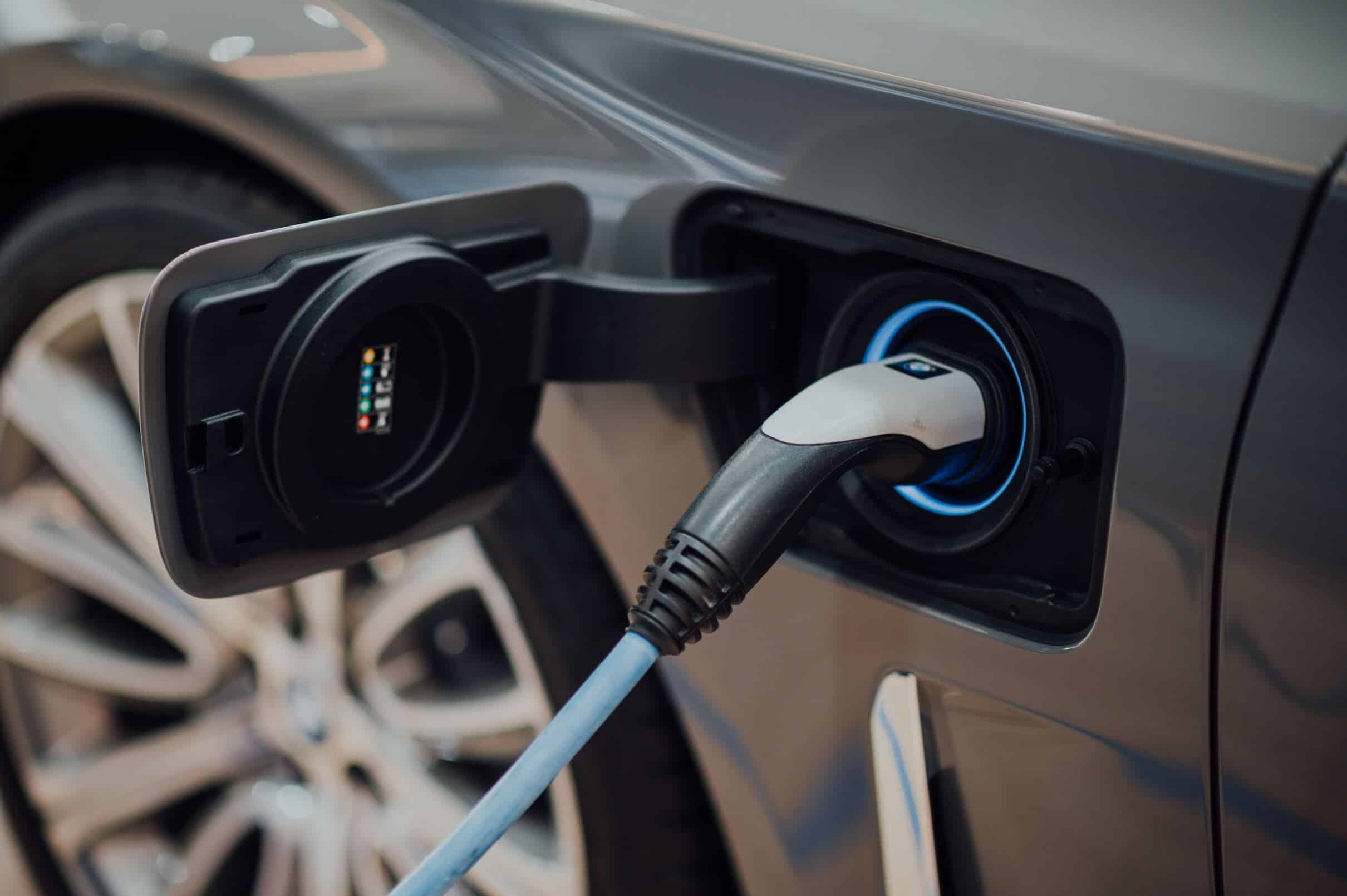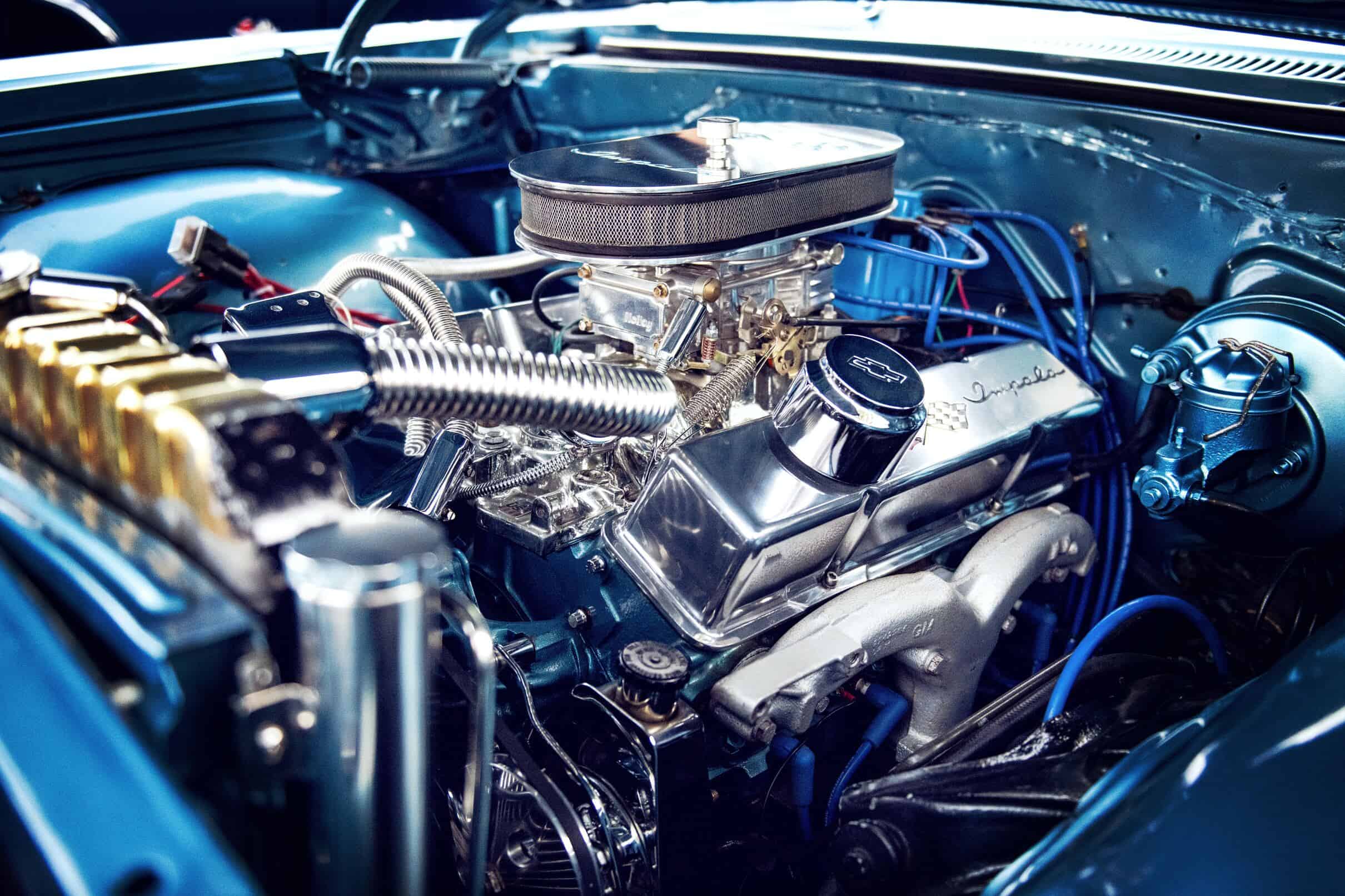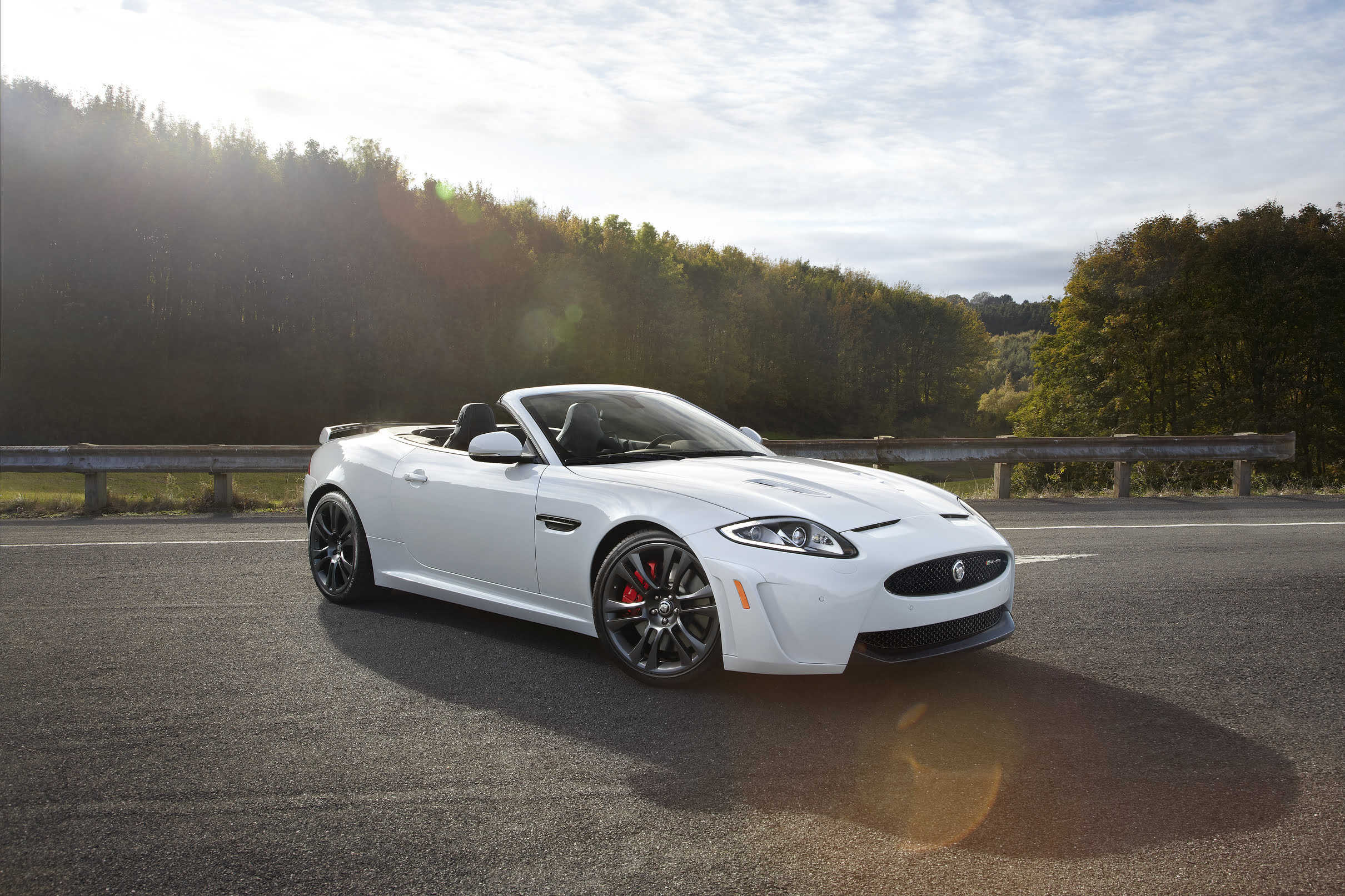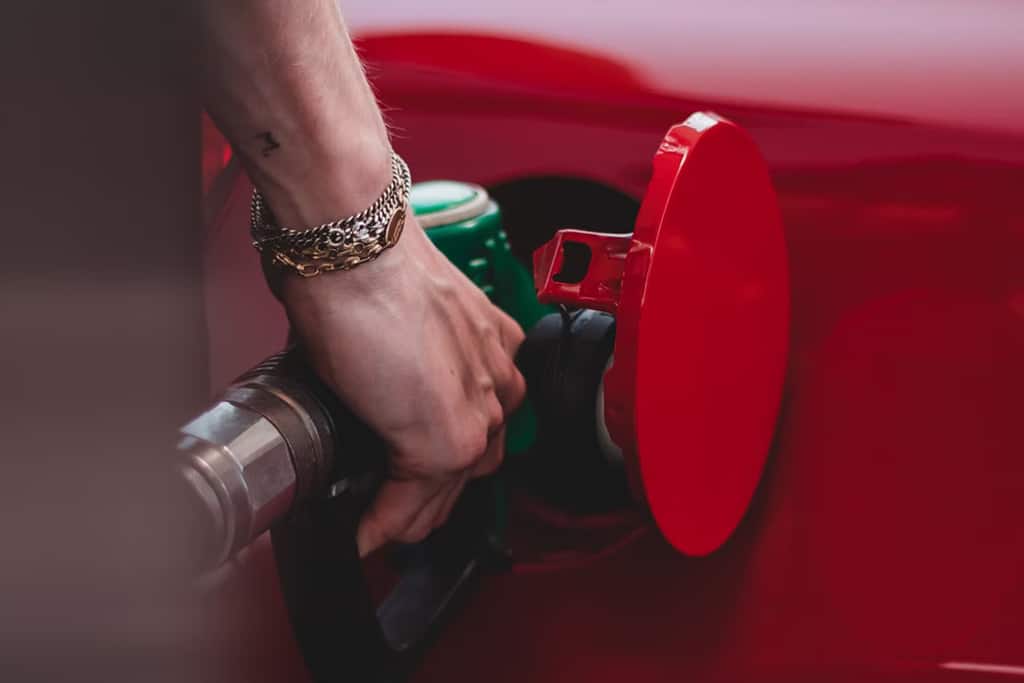Introduction
In an era of rapid technological advancements and the growing popularity of electric vehicles (EVs), it may seem counterintuitive to advocate for purchasing petrol or diesel cars. However, there are compelling reasons why now could indeed be the opportune moment to invest in a traditional combustion engine vehicle. From financial considerations to practicality and infrastructure, let’s explore why petrol or diesel cars still have their place in today’s automotive landscape.
Cost Considerations

While electric vehicles promise savings on fuel costs in the long run, the initial purchase price of EVs tends to be higher than that of their petrol or diesel counterparts. For consumers operating on tighter budgets, opting for a conventional car may be a more financially viable choice upfront. Additionally, petrol and diesel cars often come with attractive financing options and incentives, making them more accessible to a wider range of buyers.
Infrastructure Challenges

Despite significant progress, the infrastructure for electric vehicles, such as charging stations, remains a work in progress in many regions. This can be a deterrent for prospective EV owners, especially those living in areas with limited charging infrastructure. Petrol and diesel cars, on the other hand, can be refuelled at numerous gas stations across the country, offering greater convenience and peace of mind for drivers, particularly those who frequently embark on long-distance journeys.
Technological Maturity

Petrol and diesel engines have undergone decades of refinement, resulting in highly efficient and reliable powertrains. Modern combustion engine vehicles boast impressive fuel efficiency, reduced emissions, and advanced safety features, making them a practical choice for many drivers. While EV technology continues to evolve, some consumers may prefer the proven reliability and performance of traditional petrol or diesel cars.
Variety and Choice

The automotive market offers a wide array of petrol and diesel vehicles to suit diverse preferences and needs. Whether you’re in the market for a compact city car, a rugged SUV, or a high-performance sports sedan, there’s a petrol or diesel model available to fulfil your requirements. This abundance of choice allows consumers to select a vehicle that aligns with their lifestyle and driving habits without compromising on quality or functionality.
Resale Value

While the resale value of electric vehicles is subject to fluctuation due to factors like battery degradation and technological advancements, petrol and diesel cars typically maintain their value relatively well over time. This can be advantageous for consumers who plan to sell or trade in their vehicles in the future, providing them with a higher return on their initial investment.
Evolving Regulations

While there is increasing pressure to reduce greenhouse gas emissions and transition towards cleaner transportation alternatives, governments worldwide have yet to implement widespread bans on petrol and diesel vehicles. As a result, consumers can still purchase and operate combustion engine cars with confidence, knowing that they won’t be rendered obsolete in the near future.
Conclusion
In conclusion, while electric vehicles undoubtedly represent the future of automotive technology, there are compelling reasons why petrol and diesel cars remain a relevant and attractive option for consumers today. From cost considerations and infrastructure challenges to technological maturity and resale value, there are numerous advantages to purchasing a combustion engine vehicle in the current market. Ultimately, the decision to buy a petrol or diesel car should be based on individual preferences, lifestyle factors, and practical considerations, ensuring that drivers find the perfect vehicle to meet their needs in today’s dynamic automotive landscape.
Choose My Car have some fantastic options for used petrol and diesel cars, with bad credit car finance options to match.






